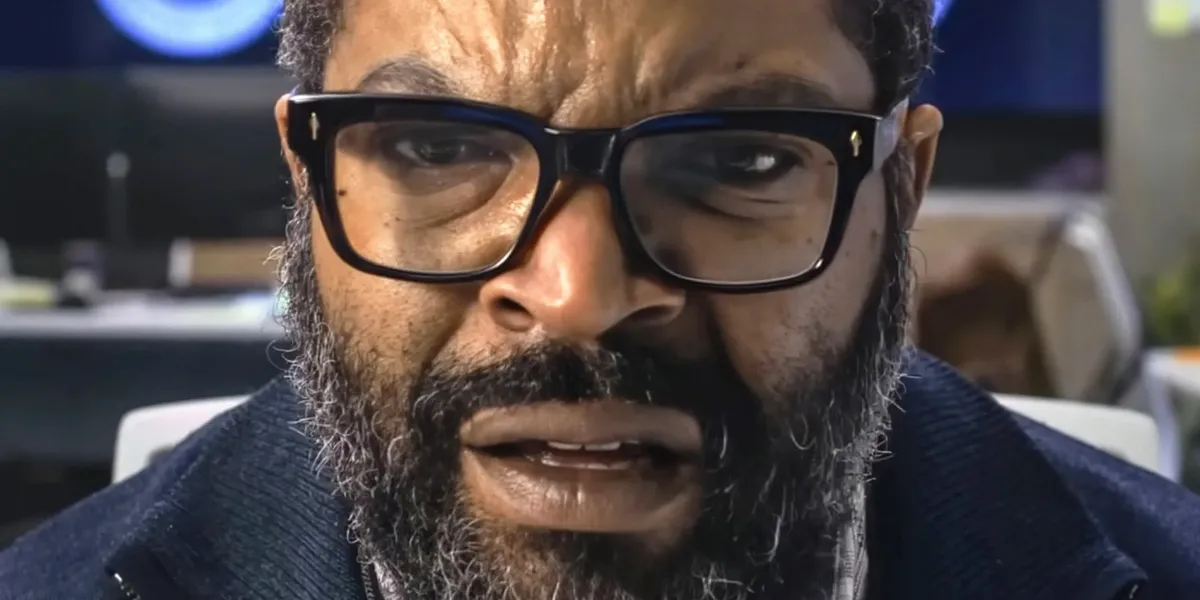Look, everyone online is talking about the Amazon movie War of the Worlds, and not in a good way.
It’s got a 4% rating on Rotten Tomatoes and inspired countless GIFs and memes from its shoddy plotting and acting.
So, how does a movie like this happen?
Well, the star, Ice Cube, has a lot to say about how it happened.
Speaking on a recent podcast, Ice Cube broke down exactly why the film looks the way it does.
Let’s dive in.
The “How-To” Guide for a 4% Movie
The above video has Ice Cube explaining to Kai Cenat about what the heck happened with his War of the Worlds movie.
In that clip, we learn:
It Was a 15-Day Shoot: Yes, a feature-length sci-fi film… shot in 15 days.It Was a “Pandemic” Film: Shot in 2020, this was a lockdown production.No One Was on Set: Cube explains that the director wasn’t there. None of the actors were in the same room. “This was the only way we could really shoot the movie,” he said.The “Cheap” Look: Cube revealed that some of the footage in the movie, in the scenes he’s not in, is real stuff they just found. He said, “All the footage is from real surveillance cameras all around the world.”
So, is there anything we can take away from a movie like this?
3 Lessons From the Flop
Ice Cube isn’t just making excuses; he’s giving us a peek under the hood of a production that was arguably doomed from the conceptual stage.
But we don’t want that to happen to you.
1. “Concept” Does Not Equal “Execution”
“A high concept ‘Screenlife’ movie made from real surveillance footage starring Ice Cube” sounds like a killer logline. But a concept is only as good as its execution. If you don’t tell a compelling story, people will not care. Spend way more time making sure you have a good movie than you do pitching a way to make something.
2. Your Constraints Will Show
You will always have limitations, but you have to find a way to use them to your advantage. A 15-day shoot with a remote director and disconnected actors isn’t a “constraint”—it’s a recipe for disaster. To us, that’s a reason not to shoot.
3. Know When to Walk Away
Everything we’ve learned about this movie signals to us that it was probably a way for people in 2020 to get work and pay their bills. That’s good. We applaud that, and if you can get paid in a time of need, that’s paramount. But in any other circumstance, we think many filmmakers need to learn to walk away if a project is not good. If you cannot execute the concept and you know it won’t work…walk away. Onto the next one.
There is a lot to learn from a bad movie, in fact, maybe more than you can learn from a good one. As filmmakers, we should be studying whatever is in the cultural lexicon to see what connects and what does not.
Let me know what you think in the comments.

